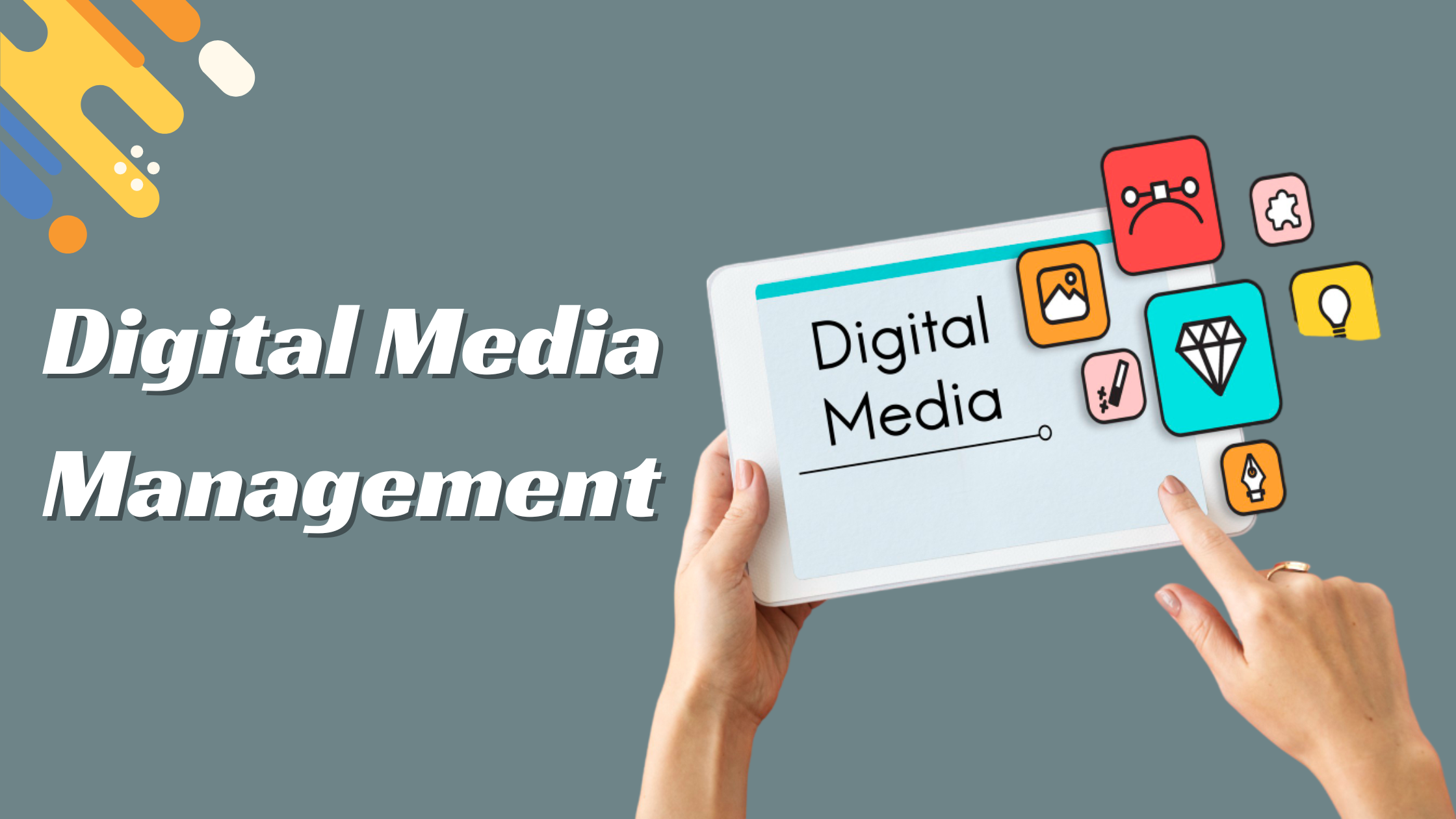The Role of Digital Media Management in Modern Business
- 1 The Growing Need for Specialized Education in Digital Media
- 2 Critical Functions of Digital Media Management in Business
- 2.1 The Impact of Social Media on Business Dynamics
- 2.2 Digital Advertising and Its Evolution
- 2.3 Future Trends in Digital Media Management
- 2.4 Influencer Marketing Integration
- 2.5 Compliance and Privacy Management
- 3 Conclusion
In the digital age, every click, like, and share counts. Businesses of all sizes are quickly realizing that managing their online presence is not just a part of their marketing strategy—it’s central to their success. With the rise of social media, the explosion of content creation, and the precision of digital advertising, the stakes are higher than ever. Digital media management has become a crucial skill set, navigating the complex web of online interactions to build brands, connect with customers, and drive sales.
The digital media landscape changes as technology advances, bringing new challenges and opportunities. Whether adapting to the latest social media algorithms or harnessing the power of data analytics, digital media managers need to stay on their toes to keep their companies competitive. This need for expertise has sparked a growing interest in specialized education, equipping professionals with the tools to thrive in this dynamic environment. Join us as we explore the pivotal role of digital media management in modern business, highlighting its impact and the emerging trends that shape its future.
The Growing Need for Specialized Education in Digital Media
As digital platforms evolve, the complexity of managing these channels increases. This complexity is not just about posting content but understanding algorithms, managing digital ad spending, and analyzing consumer data to forge effective marketing strategies. Here, the value of pursuing a master’s in digital media online becomes evident. Such programs equip professionals with the skills to navigate the digital landscape proficiently. Students learn about the latest tools and trends that can transform business operations, making them invaluable assets to any team. Moreover, these courses often offer the flexibility to study without disrupting one’s career, integrating learning directly with professional development.
Critical Functions of Digital Media Management in Business
One of the primary roles of digital media management in business is overseeing content creation and branding. Compelling content does more than sell; it communicates a brand’s story and values, builds community, and fosters loyalty. Additionally, understanding and leveraging data analytics is crucial. Managers use insights from data to tailor marketing campaigns, predict market trends, and make informed decisions that align with business objectives. Another critical area is crisis management. The digital age can amplify minor issues into major crises within hours. Digital media managers are crucial in monitoring online conversations and responding swiftly to mitigate any negative impacts on the company’s reputation.
The Impact of Social Media on Business Dynamics
Social media has revolutionized the way businesses interact with their customers. Platforms like Facebook, Twitter, and Instagram are vital marketing and customer service tools. Through social media, companies can launch targeted ads, share new content, and engage directly with customers. This immediate interaction helps businesses to receive real-time feedback and foster a sense of community. Digital media managers ensure these interactions align with the overall business strategy and maintain a consistent brand voice across all channels.
Digital Advertising and Its Evolution
Digital advertising has undergone significant transformations, adapting to consumer behaviour and technological advancements. Modern businesses allocate substantial budgets to digital advertising to reach a broader audience more effectively. Digital media managers are tasked with designing ads that attract attention and convert views into sales. They must also navigate various platforms, from traditional banner ads on websites to video ads on social media, choosing the right mix to achieve the best return on investment. Furthermore, using analytics tools allows managers to track the performance of ads in real-time, adjusting strategies as needed to optimize results.
Future Trends in Digital Media Management
As we look to the future, digital media management will continue to evolve, shaped by emerging technologies and changing consumer preferences. Artificial intelligence (AI) and machine learning are beginning to play significant roles, offering new ways to personalize customer experiences and optimize media spending. Predictive analytics, for example, can anticipate consumer behaviours, allowing businesses to tailor their strategies proactively. Additionally, integrating virtual and augmented reality into social platforms offers exciting new arenas for immersive advertising and customer interaction. Staying ahead in digital media management means continuously adapting to these technologies and understanding their potential impacts on business models.
Influencer Marketing Integration
Integrating influencer marketing within digital media strategies has become a game-changer for many businesses. Digital media managers regularly collaborate with influencers to expand their reach and authenticity. These collaborations often result in more engaging content and a broader audience base. The challenge lies in choosing the right influencers whose brand values align with the company’s and managing these relationships effectively to maximize impact.
Compliance and Privacy Management
As digital media evolves, so do the regulations that govern it. Maintaining privacy laws and regulations, such as GDPR in Europe and CCPA in California, has become crucial to digital media management. Businesses must ensure their digital marketing practices protect customer data and respect privacy rights. digital marketing agency Atlanta is increasingly tasked with understanding these laws to avoid hefty fines and protect the company’s reputation, making compliance a critical element of digital strategy.
Conclusion
In conclusion, the role of digital media management in modern business is expansive and essential. From mastering digital advertising to leveraging the power of social media for brand building and customer engagement, digital media managers play a pivotal role in navigating the digital landscape. The future holds promising advancements, with AI and emerging technologies poised to redefine how businesses interact with customers.
For professionals eager to stay relevant and lead in their industries, embracing these changes and continuing to learn and adapt is crucial. Digital media management supports and drives business objectives, demonstrating the undeniable value of integrating advanced digital strategies into the core of business practices.

















